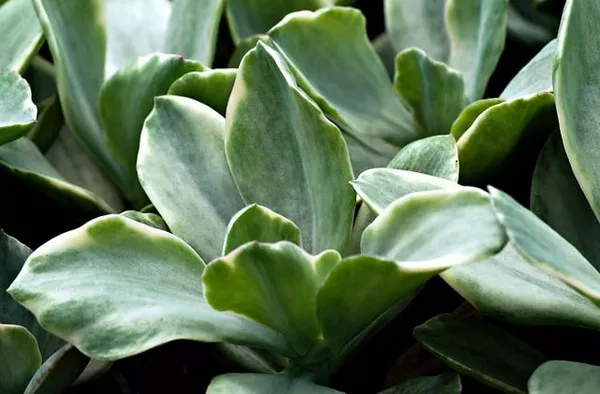If you’ve invested time and effort into cultivating a beautiful collection of succulents, you know how disheartening it can be to discover them damaged, bitten, or even missing. While bugs and pests are common culprits, you might be surprised to find out that some animals are also guilty of snacking on your succulents or even pilfering them entirely. In this article, we will explore the reasons why birds, dogs, slugs, snails, squirrels, mice, and other animals are drawn to your succulents and discover effective ways to deter them from harming your prized plants.
Why Animals Feast on Succulents
Before delving into the solutions, it’s essential to understand why various animals are attracted to your succulents. The primary reasons include curiosity, thirst, and the availability of nutrition:
Curiosity: Birds, rodents, dogs, and cats may nibble on your succulents out of curiosity, especially if they are exploring your garden or indoor space.
Thirst: Succulents, as their name suggests, store water in their fleshy leaves and stems. This water source can be tempting for birds and rodents, particularly during dry spells.
Nutrition: Some animals, like birds and rodents, can extract both nutrition and additional water from succulents, making them a valuable food source.
Identifying Signs of Animal Damage
Before implementing deterrent measures, it’s crucial to identify the culprits and the extent of the damage. Here’s how you can tell if animals are feasting on your succulents:
Birds: Look for small, round droppings near the succulent pots or small holes in the leaves. Birds tend to taste the leaves rather than consume large chunks.
Rodents: Larger bite marks, chewed leaves, or even missing succulents may indicate the presence of rodents such as voles, possums, mice, and squirrels.
Dogs and Cats: Pets like dogs and cats may occasionally sample succulents but usually stop after tasting them. Ensure your succulents are non-toxic to these animals and place them out of reach.
Bugs: In addition to animals, small pests like aphids, spider mites, and scale bugs can damage succulents by sucking their juices. Check for discoloration, bugs, or damage on both the succulents and the soil.
Effective Ways to Deter Birds
If birds are your main concern, here are some strategies to discourage them from feasting on your succulents:
Remove Coconut Liners: Birds may become curious and peck at your succulents if they see coconut liners in your pots. Removing these liners can deter them.
Provide Alternative Water Sources: Birds might be eating succulents out of thirst. Offer a birdbath or a water feature nearby to quench their thirst.
Check for Pests: Bugs on your succulents or in the soil can attract birds. Address any pest issues promptly with natural solutions like neem oil or insecticidal soaps.
Create Reflective Deterrents: Birds are often frightened by shiny objects that create reflections. Hang or place reflective items like holographic wheels or wind twisting rods around your plants.
Scare Them Away: Scarecrows, fake owl statues, or devices that emit owl sounds can deter birds from approaching your succulents.
Provide Bird Feeders: Keeping bird feeders well-stocked can divert their attention from your succulents to a more suitable food source.
Deterring Birds and Other Animals
If birds are not the only culprits, and you’re dealing with rodents like squirrels, mice, or even nocturnal visits, consider these measures:
Cover the Soil: Place topdressing or rocks on the soil’s surface to make it less attractive to birds and rodents. They may mistake the soil for food and be discouraged by the covering.
Motion-Activated Sprinklers: Install motion-activated sprinklers that release water when animals approach your plants. These devices provide a harmless yet effective deterrent.
Use Net Curtains or Wire Cages: Cover your succulents with net curtains, wire cages, or mesh at night to protect them from nighttime raids by animals.
Repellents: Deploy natural repellents like cayenne pepper, peppermint oil, dish soap, or garlic cloves to deter animals from your succulents.
Mini-Greenhouses: Consider using mini-greenhouses with shelves to protect your plants from animals and the elements.
Bring Plants Indoors: If possible, bring your succulents indoors for a few weeks to discourage animals and prevent further damage.
Why Animals Are Attracted to Cacti and Succulents
In regions where cacti and succulents are native, animals are drawn to these plants primarily because they store water. These resilient plants serve as a vital water source for animals in arid environments. While not all succulents are edible, some, such as Opuntia cacti and Barrel cacti, provide essential nutrients and hydration.
Final Thoughts
Protecting your succulents from the appetites of birds, rodents, and other animals can be a challenging but essential task for succulent enthusiasts. By understanding the reasons behind animal attraction and implementing effective deterrents, you can ensure that your cherished succulent collection remains healthy and intact, free from unwanted nibblers and thieves.


